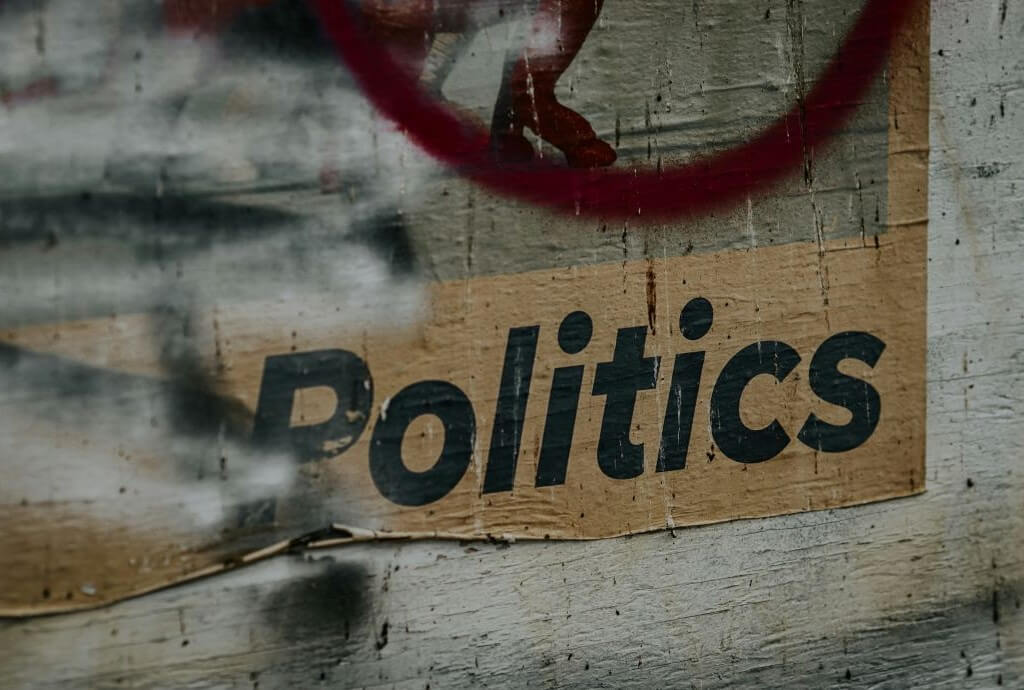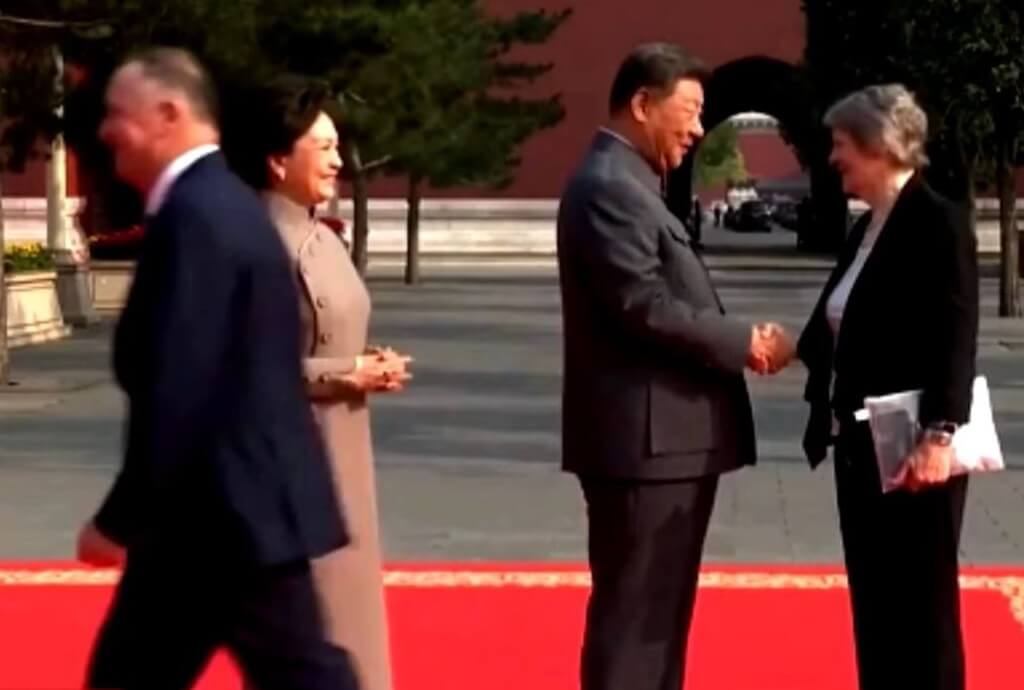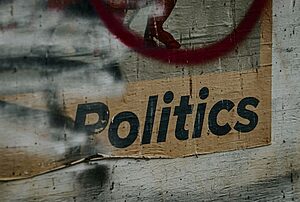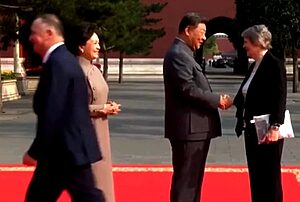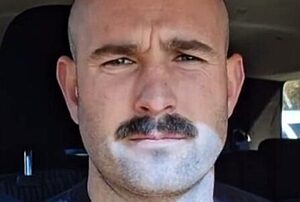In brief
- Marxism is still central in many academic theories of governance, despite its abysmal record of human suffering in the real world.
- Like socialism, Marxism strives to make everyone more equal, but Marxism aims to accomplish it by agitating marginalised people to blame other social classes.
- When this Marxist ideology was applied to other attributes like gender and race, we got Critical Theory and wokism.
Marx still a very significant figure in modern politics
This series explains how the woke politics that is so dominant today springs from Marxism and similar thinking.
Karl Marx (1818-1883) was a radical left-wing journalist whose writings encouraged violent revolutions. His work became incredibly influential, especially after the 1917 Russian Revolution. In the 20th century, dozens of countries had Marxist revolutions; all resulted in poverty and many in millions being killed or starved to death. Many estimates of global deaths exceed those of World War 2.
How is his work still so popular, with many academics saying his philosophy is not to blame for the actions it inspired? Why do schools teach the history of fascism and World War 2, but rarely of socialism and Marxist revolutions—even though they are more recent and relevant to today?
A Marxist view on society and capitalism

Marx theorised that the elite class of society—the rich, the “bourgeois”—retain their position by organising society to prevent other people from getting rich. They use exploitation, alienation, and oppression to prevent access to a special form of property called capital. They create a system to preserve the classes, with an ideology called capitalism.
So Marx said we must awaken the underclass—the working class, the “proletariat”—to awareness of the system they are part of. The underclass will fight a revolution to seize the means of production and reform society. The goal is to move from capitalism through socialism into a perfect communism that abolishes private property.
Marxism is all about public ownership – theoretically removing all inequality
Usually this is expressed only in terms of capital: factories (the hammer) and farms (the sickle). But it was always more than that. In Marx’s early writings he talks about how economic production doesn’t just produce the goods and services of the economy, it produces society itself. And society in turn produces man. So when he says we must seize the means of production, he’s talking about how we construct who we are as human beings so that we might complete ourselves.
Marx was less an economist and more the founder of a religion for atheists: a worldview that supersedes all other religions by fulfilling their political function, but without reference to gods.
This wider conception of Marxism beyond economics really got going in the early 1900s in the Frankfurt School with the establishment of Critical Theory, which seeks to challenge all kinds of power structures (except the power structures created by their ideology, of course). It says humanity can be reconstructed in a revolutionary way, not just in terms of capital—monetary wealth—but in terms of all identity—everything that humans value.
This ideology dominates the social sciences, and is the academic background of wokism.
Next we discuss how wokism operates and why the left, which was once concerned with the struggles of the working class, is now consumed with identity politics.

